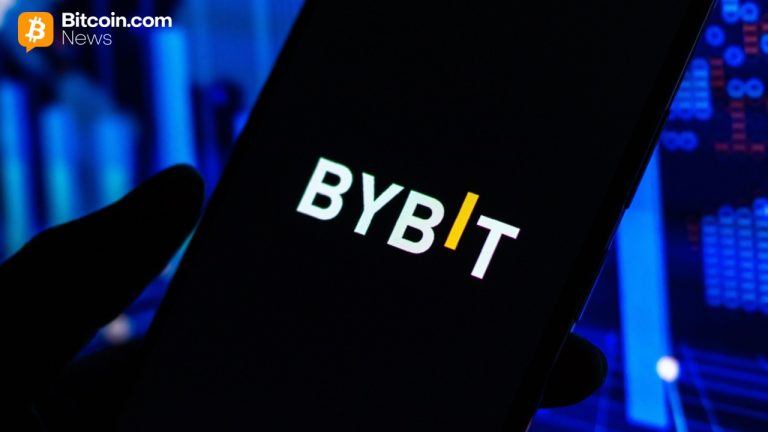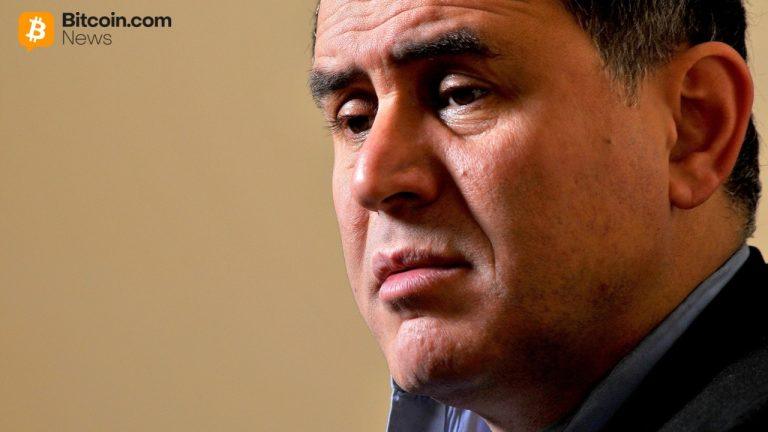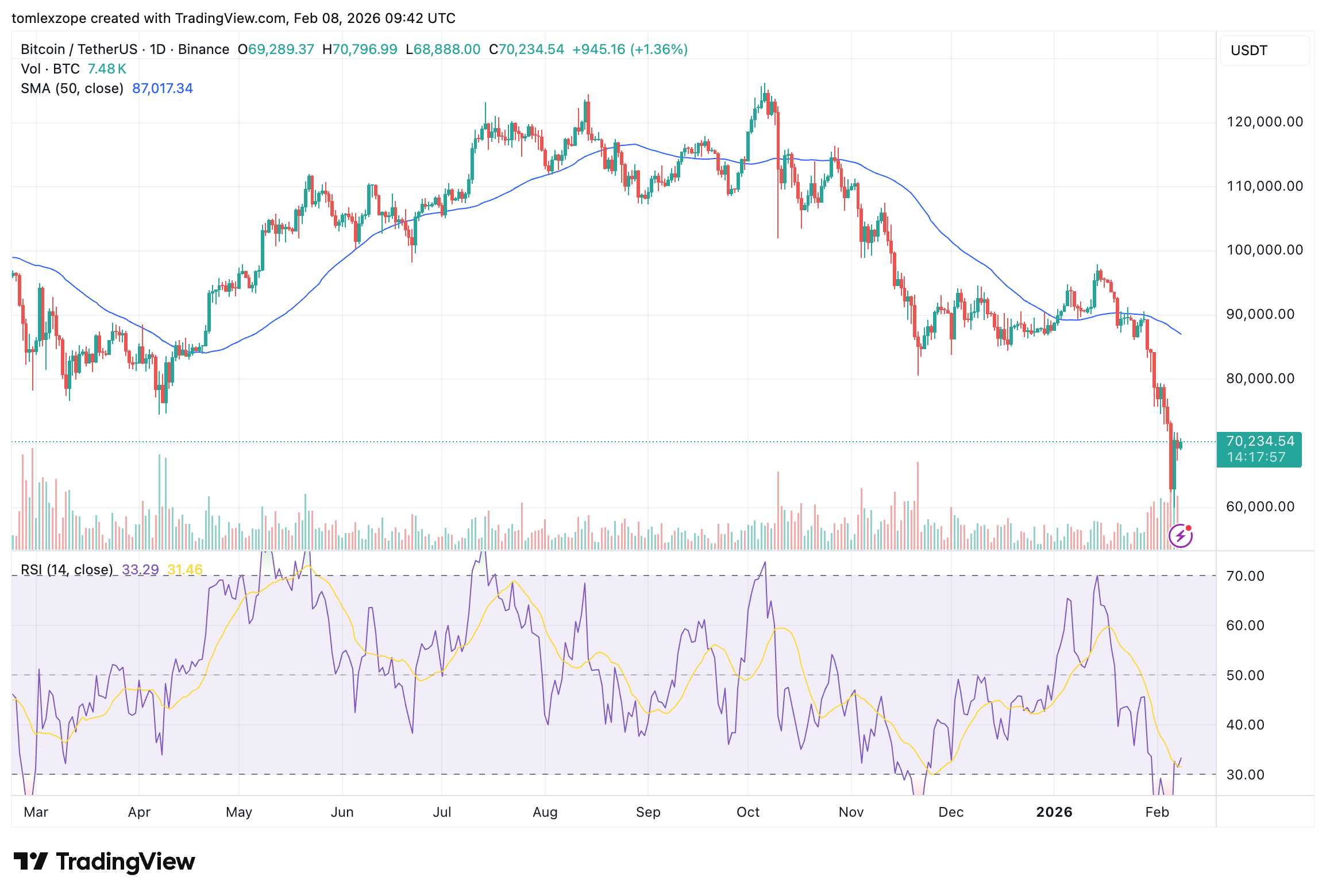The Crypto space we know today has been shaped by many people and events and I want to give credit to some events and people who contributed to the advancements in the crypto space (IMO).
- David Chaum - DigiCash (1995):
David Chaum's company DigiCash created the first digital currency eCash, a cryptographic electronic cash system. While DigiCash didn't survive commercially, it introduced the idea of digital privacy and anonymity in payments.
- Wei Dai - B-money (1998):
Dai publicized "b-money, an anonymous, distributed electronic cash system".
In the paper, Dai outlines the basic properties of all modern day cryptocurrency systems:
"...a scheme for a group of untraceable digital pseudonyms to pay each other with money and to enforce contracts amongst themselves without outside help".
Though b-money was never implemented, it is one of the earliest discussions of concepts that would later be seen in Bitcoin, like anonymous transactions and decentralized consensus mechanisms.
- Nick Szabo’s - Bit Gold (1998)
Another influential cryptographer, Nick Szabo, introduced the concept of Bit Gold, a digital currency that didn’t rely on central authorities. Bit Gold had many similarities to Bitcoin, including a proof-of-work system for minting new coins and securing the network. While Bit Gold never became operational, Nick's foresight in smart contracts predated platforms like Ethereum.
- Satoshi Nakamoto - Bitcoin (2008)
Most people are aware of Satoshi Nakamoto but this persona is still underrated, no matter how often mentioned. He published the Bitcoin whitepaper titled "Bitcoin: A Peer-to-Peer Electronic Cash System." This paper described a decentralized, trustless system where users could send and receive payments without needing a central authority. Nakamoto’s genius was in combining cryptographic proof-of-work, the concept of decentralized ledgers, and a reward mechanism for miners. In January 2009 he mined the first Bitcoin block, known as the Genesis Block, embedding a message about the financial crisis of 2008: "The Times 03/Jan/2009 Chancellor on brink of second bailout for banks."
- Hal Finney - Received first Bitcoin transaction (2009)
He was a renowned cryptographer and cypherpunk, became the first person to receive a Bitcoin transaction directly from Nakamoto. Finney was an early supporter and contributed to the Bitcoin code. He also famously tweeted, "Running Bitcoin," marking one of the first public acknowledgments of the project. Despite having ALS (disease) slowing his ability to code, he still loved programming and the goals it provided. He continued to program until his death; he was working on experimental software called bcflick, which uses Trusted Computing to strengthen Bitcoin wallets.
- Gavin Andresen - Core Developer, Faucet (2010)
Gavin Andresen became one of Bitcoin’s most prominent developers after Nakamoto. Satoshi chose Andresen as his successor, trusting him to lead Bitcoin’s development. Andresen created the Bitcoin Faucet, which gave away 25 bitcoins for free to encourage adoption. That year, he gave away 19,700 bitcoins in total to users who did nothing more than solve a captcha
- Laszlo Hanyecz - Bitcoin Pizza Day (May 22, 2010)
On this day, Laszlo Hanyecz made the first recorded purchase using Bitcoin when he paid 10,000 BTC for two pizzas. This event marked the beginning of Bitcoin’s use as a medium of exchange.
This event became popular after Bitcoin gained high value and people shared this story with others, contributing to bring awareness of Bitcoin's potential.
- Ross Ulbricht - Silk Road (2011):
Ross Ulbricht created Silk Road, an online darknet marketplace that used Bitcoin as its currency. Though controversial due to its involvement in illegal activities, Silk Road highlighted Bitcoin's potential as a borderless, censorship-resistant currency. The marketplace was eventually shut down, and Ulbricht was sentenced to life in prison without parole. Silkroad's transaction volume in Bitcoin was substantial enough to be considered a significant driver of cryptocurrency use during its operational period, especially given the limited adoption and use cases for Bitcoin at the time.
- Andreas Antonopoulos (from 2012 onwards)
Andreas Antonopoulos abandoned his job as a freelance consultant and started speaking at conferences about bitcoin, consulting for startups, and writing articles free of charge. He is the author of Mastering Bitcoin/Ethereum, which is considered the definitive guide to understanding Bitcoin
- Vitalik Buterin - Ethereum, smart contracts: (from 2013 onwards)
In 2013 Vitalik proposed Ethereum, a blockchain designed not just for currency but for running decentralized applications (dApps) and executing smart contracts. Ethereum officially launched in 2015, and it revolutionized the space by allowing developers to create decentralized platforms beyond finance, covering industries such as gaming, healthcare, and supply chains.
[link] [comments]

You can get bonuses upto $100 FREE BONUS when you:
💰 Install these recommended apps:
💲 SocialGood - 100% Crypto Back on Everyday Shopping
💲 xPortal - The DeFi For The Next Billion
💲 CryptoTab Browser - Lightweight, fast, and ready to mine!
💰 Register on these recommended exchanges:
🟡 Binance🟡 Bitfinex🟡 Bitmart🟡 Bittrex🟡 Bitget
🟡 CoinEx🟡 Crypto.com🟡 Gate.io🟡 Huobi🟡 Kucoin.




















Comments